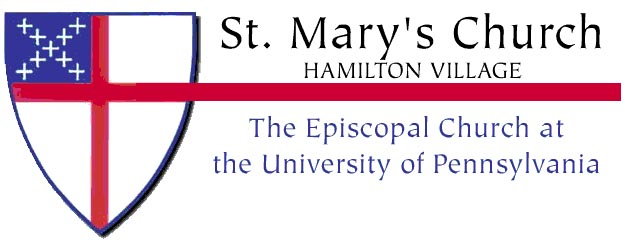Open source in the technology world often means that the code, or set of instructions, that make up a computer program are available for anyone to look at. For computer programmers allowing others to see the nuts and bolts of your work is a window into how that individual or individuals thinks. It is also an opportunity for others to learn from, borrow from, and improve on the original work. Over this Thanksgiving weekend I took some time to watch Sarah Vowell promote her new book The Wordy Shipmates, a book that chronicles the 17th and 18th century history of Puritan colonists in Massachusetts. During the question and answer session following her presentation she pointed out how amazed she was that the colonists she studied made the time to write so much about their lives despite having to work long and grueling hours carving a life for themselves in a new and somewhat hostile land. They had in essence "open sourced" their lives and in so doing allowed the generations that followed to gain an understanding not only of the actions that they took but also the thoughts, dreams, and values that they held dear.
This tradition of of recording and documenting both our professional and personal lives has had a great effect on our nation. Ours is a nation of words, on January 20th when president elect Obama takes office he will swear to "preserve, protect, and defend the Constitution of the United States." These Words however cast a long shadow, even today countless people wrestle with how to meet the challenge of this pledge and often they wonder what the founding fathers were thinking when they put the document together.
What were they thinking, is one of the great questions and often is a query with no answer. We ask it often of historical figures. These figures are not limited to past titans of the worlds stage. I often wonder what my ancestors thought as they made the middle passage, what my grandfather thought when he decided to move north to Detroit from the deep south, my list could go on and on. The day after Thanksgiving is the national day of listening, a time to ask our relatives and elders to tell us their story. I respect this process but, I think it should be expanded we should all take the time before the new year to write a letter chronicling not only what we did this year but what we were thinking. Each of us casts a shadow, makes an impact, on this world often in ways we cannot predict. We may not be there when it happens, I doubt the puritan settlers could have know that their collective works would inspire a writer centuries later but, their words floated through time yours could too.
Subscribe to:
Post Comments (Atom)
.jpg)

1 comment:
wow.
Post a Comment